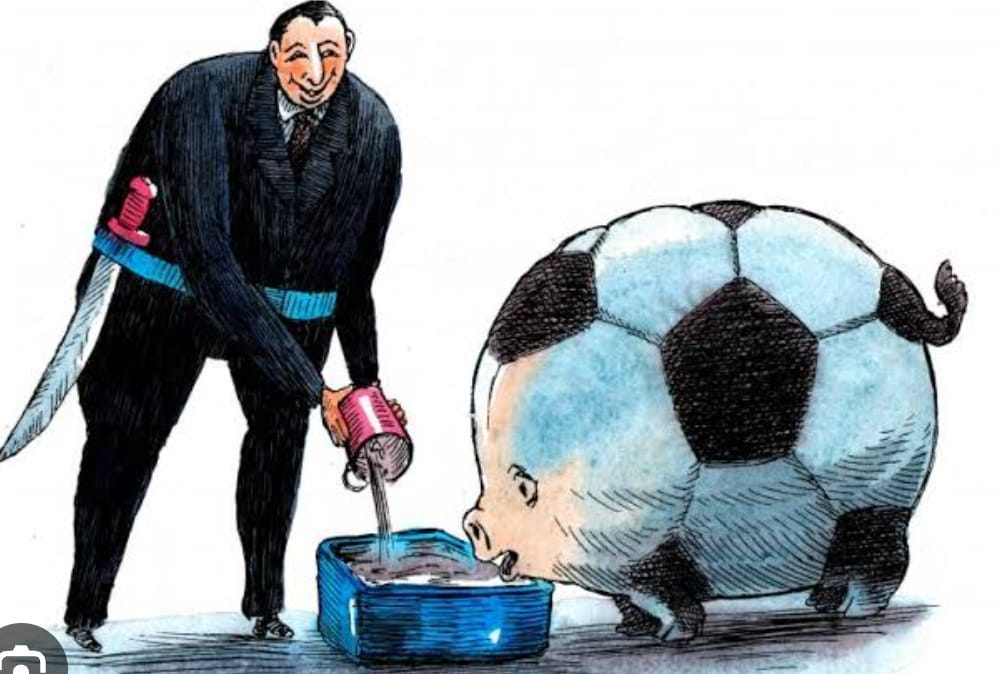Introduction: From the Accounting Pen to the Football Pitch
One intricate and important financial facet of football is the transfer market. The outrageous transfer fee that players demand had us wondering about the financial aspects of these transactions, the effects they have on a team's finances, and how teams like Chelsea—who have been spending wildly since Todd Boehly took over—manage to abide by the Financial Fair Play rules. (Financial Fair Play limits a team's expenditures and is essential to its transfer market operations.) Teams like Chelsea employ sophisticated, lawful accounting techniques to make sure their books meet FFP requirements.
Understanding how the books are played
A club’s inward transfers are first recognised as assets on the balance sheet, and the transfer fees are then amortised over the length of their contracts in the profit and loss statement. (Amortisation is used to describe the reduction in the value of an intangible asset.)
With outbound transfers, however, the clubs record the sale in their books as soon as the transfer occurs, meaning that the accounting is slightly different. Considering the transfer fee and the contract's current book value, the club may make money or lose money. A contract's book value is the amount displayed on the balance sheet., which is determined by subtracting the entire amount of amortisation to date from the original cost.
Understanding how it gets Messy
Certain transfers, like the ones involving Pjanic and Arthur between Juventus and Barcelona, took advantage of these accounting techniques by agreeing to pay each other inflated fees to record these player sales at a profit and enhance their accounting records.
Meanwhile, Chelsea has paid large transfer fees to buy several young, talented players, but they have also given them long contracts (7–8 years), allowing them to meet FFP requirements and spread out the expense over a longer time.
Conclusion: A Case Study
Therefore, a club's financial performance is impacted by the transactions it makes in addition to its on-field success. As UEFA continues to modify FFP regulations and close loopholes—such as lowering the maximum duration of contracts that can be amortised to five years—to guarantee fair financial playing fields, the need for accounts will only grow soon.
Readers can also dig deep into the financials of clubs such as Manchester United and Juventus, as these clubs trade on the financial markets and publish their financials regularly.
BY
Manan Thareja, Member, The Commerce Society
Must Read Articles:
Football Transfers and Creative Accounting: Protect me from what I want - The Price of Football
https://www.linkedin.com/pulse/football-player-transfer-how-do-we-record-transaction-ryan-sumarno
The Business of Football Transfers: An in-depth look at the Multi-Million Dollar Industry | LinkedIn
Books and Movies
Moneyball starring Brad Pitt, Jonah Hill, and Chris Pratt, is based on a true story, and the 2011 film is an adaptation of the non-fiction book titled ‘Moneyball: The Art of Winning an Unfair Game,’ written by Michael Lewis.
Video References for Deeper Evaluation






